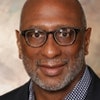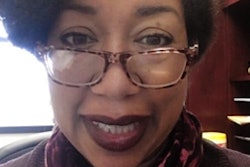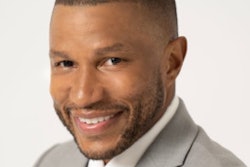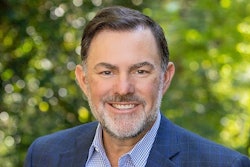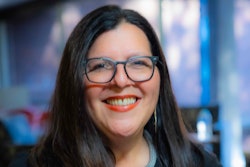Living through a dual pandemic, COVID-19 and racism, Black children are experiencing traumatic events that profoundly impact their academic, physical, socio-emotional, psychological, and mental health - their overall well-being. These traumatic experiences can take the form of anxiety, depression, acting out in school, disengaging from the curricula, receiving lower grades, chronic absenteeism, and dropping out. Disproportionately, Black children are dealing with family members who have died from COVID-19, lost jobs due to the pandemic, increased food and housing insecurity, and financial hardships (Robles-Ramamurthy, 2021).
Black children are confronting bias and racism with over-policing and the murders of George Floyd, Ahmaud Arbery, Breonna Taylor and, two months in to 2022, they now grapple with Amir Locke’s murder. As Black children have questions, fears, and stresses surrounding the aforementioned deaths, conversations are being blunted or silenced due to many states enacting laws banning such discussions under Critical Race Theory #CRT attacks. We cannot help but to recall what is referred to as ‘the talk’, an agonizing conversation Black caregivers must share with the children, especially boys. A popular TV show, Black-ish even weighed in, further highlighting that, in general White caregivers’ ‘talk’ centers on the birds and the bees as poignantly illustrated here: https://knowyourmeme.com/memes/the-talk-white-americans-vs-african-americans/photos; for Black caregivers, the focus is on the harsh realities of anti-Blackness.
Urgently needed are home and school prevention and intervention strategies and resources that will help Black children develop coping mechanisms, communicate their feelings, and express healthy behaviors to deal with the trauma in their lives. It cannot be denied that the focus of support must target White educators as they are the vast majority of school counselors. Therefore, we intentionally write first and foremost to and about White counselors while being mindful of the complementary urgent need to increase the number/percent of Black counselors #representationmatters. Stated another way, the demographics of counselors have been stubborn to change. In 2020, 74% of school counselors were White. Accordingly, as Moore and Ford stated in another issue of Diverse Issues, all of socio-emotional learning needs to be culturally responsive. Several recent papers in EdWeek add further justification or rationale for diversifying school counselors.
In the spirit of transparency, we write this paper as Black academicians, and family and community members. We have received ‘the talk’ and/or given it (often) to family members and friends to help decrease the colossal impact of trauma induced from socially-based and school-based racial battle fatigue (RBF, Smith, 2003) and post-traumatic stress disorder (PTSD). Both RBF and PTSD result from constantly experiencing racially dismissive, demeaning, insensitive and/or hostile racial environments and individuals.
Culturally Competent School Counselors: #PreparationMatters
School counselors are trained to assist students to achieve in the areas of academic achievement, socio-emotional growth and development, and college and career readiness (Erford, 2019). More importantly, they acquire counseling skills, theoretical orientations, culturally competent practices, and conceptualization skills to improve the academic and mental health outcomes of students. They use data-driven approaches to determine the needs, issues, and challenges to provide access, equity, and opportunities that are systemic and often use techniques such as individual counseling, group work, and classroom or school-wide approaches to help students (American School Counselor Association [ASCA], 2019).
To round out our discussion of culturally responsive school counseling with White professionals, we now address racial/ethnic matching – the need for Black counselors. Donald Easton-Brooks studies ethnic matching and achievement among Black students. He states:



